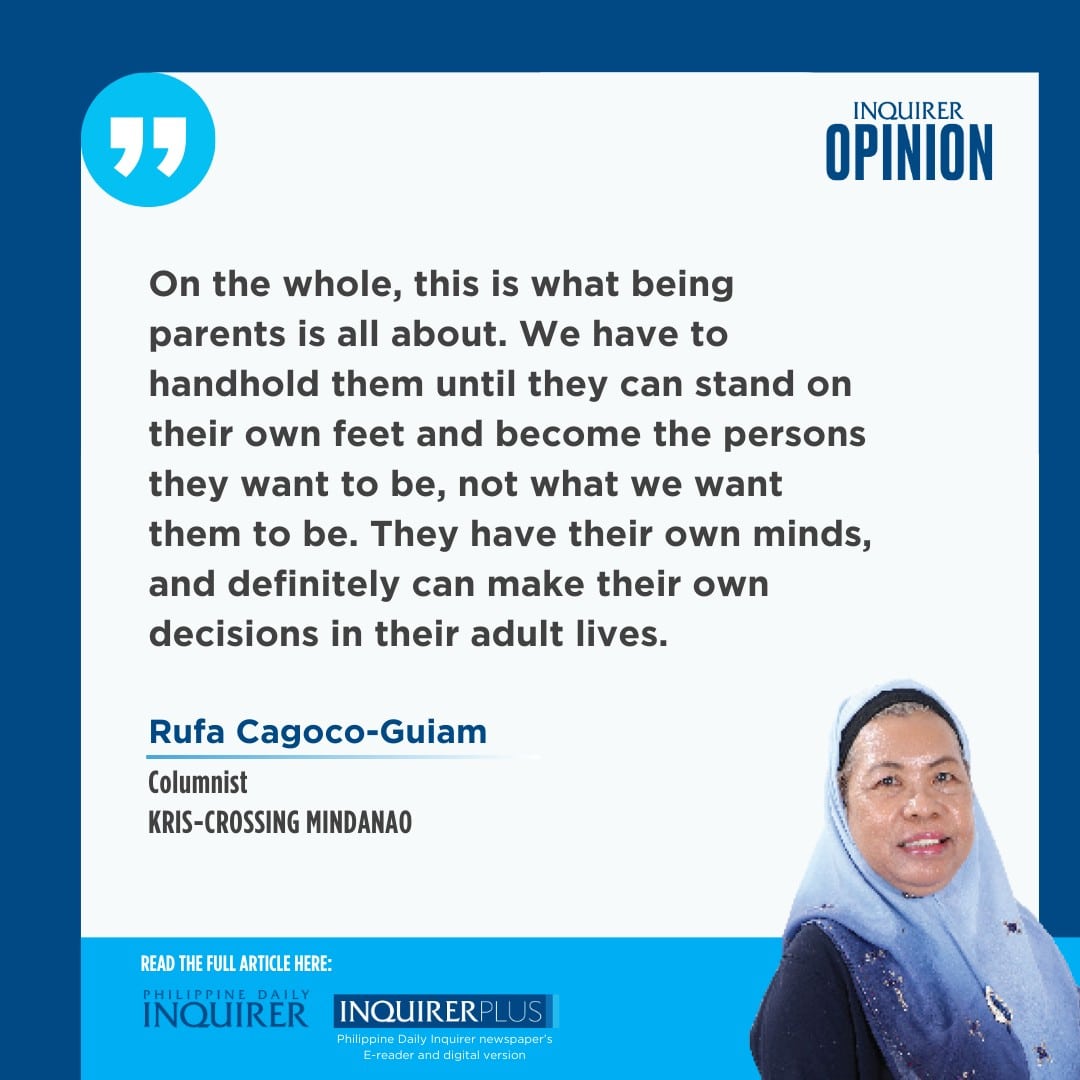The title is from the poem, “On Children” by one of the world’s most quoted poets, Kahlil Gibran, a Lebanese-American creative writer and artist (1883-1931). In 1923, renowned American publisher Alfred Knopf released Gibran’s most popular book of poems, “The Prophet” which includes this poem.
Many posts on social media have discussed the troubled relationship between Olympic double-gold medalist Carlos Edriel Yulo and his mother. Cyberspace audiences have given more than a handful of their comments and critiques of both mother and son. Many of the posts are predominantly supporting the mother, with remarks that are damaging to the dignity of the son.
Yulo has become a worldwide celebrity after winning double gold in the Paris Olympics in a sport that the Philippines is not famous for—artistic gymnastics. His outstanding performance brought him fame and fortune; unfortunately, along with these rewards came nasty comments from netizens. It triggered a flurry of social media posts about his being “walang utang na loob” (being ungrateful or not paying his debts of gratitude) to his birth mother.
I do not want to add to the heated discussions about them. People who do not know both mother and son well enough to pass judgment on them have exchanged harsh words for “unbecoming” behavior (of both), exposing the dark side of their family. I am not privy to their family relationships; thus, I don’t have the right to judge them.
As a mother, I have known how hard it is to be a parent; many of us who have decided to establish our own families did not go through a crash course in parenting or in the basics of how to nurture children. In my generation, social and mainstream media sources of information were not yet available; we were left to our own devices to figure out how to deal with the challenges we faced when we became parents.
Many Asian and Filipino families tend to embed the value of “repaying” our parents for the sacrifices they went through in raising their children. Filial piety is a distinctive feature of Asian cultures, and disrespectful children are chastised because they go against this tradition. Part of our filial obligation to our parents is to repay them for giving birth to us, in terms of both material and emotional support. But come to think of it, children did not demand to be born. While some mothers may claim that a love child is the result of an amorous “mistake,” having children is a consensual decision between two parents. Truly, as Gibran wrote, our children are “the sons and daughters of Life’s longing for itself; they come through you but not from you, and though they are with you yet they belong not to you.”
Indeed, our children belong to the future that no parent can be part of. Parents are just instruments or vessels through which children become part of the future that parents cannot visit, “not even in [your] dreams.”
This does not mean we abandon our children after giving birth to them. We need to nurture them with love and extra care so they will be ready for that future to which we no longer belong. On the whole, this is what being parents is all about. We have to handhold them until they can stand on their own feet and become the persons they want to be, not what we want them to be. They have their own minds, and definitely can make their own decisions in their adult lives.
In their formative years, children should be prepared to face the hurdles they meet on their way to maturity. They must be prepared to withstand slumps and humps along their paths. Such a preparation process must include the basics of desirable human behavior, like respect for other people, among other socially accepted norms. But they should not be forced to think what we think—they are different individuals from us although they inherit some of our physical and mental attributes.
As a parent, I expect my children to respect me, as I respect them for the decisions they make, especially when they become adults. But respect is also earned; we cannot demand it from anyone, even from our own children. During their formative years, if children hear their parents insulting other people, this will be etched indelibly in their young minds, mirroring such behavior while being with their peers, or even with adults.
Gibran’s poem on children is a guide for parents on how to deal with their children; they are God’s blessings to them. Children did not ask to be born. It is our desire as parents that some “parts” of us are left behind after we pass this life. We want these “parts” to meet the future. They are our children, but they are their own persons; they have to decide the future they would like to be in as adults.
—————
Comments to [email protected]


